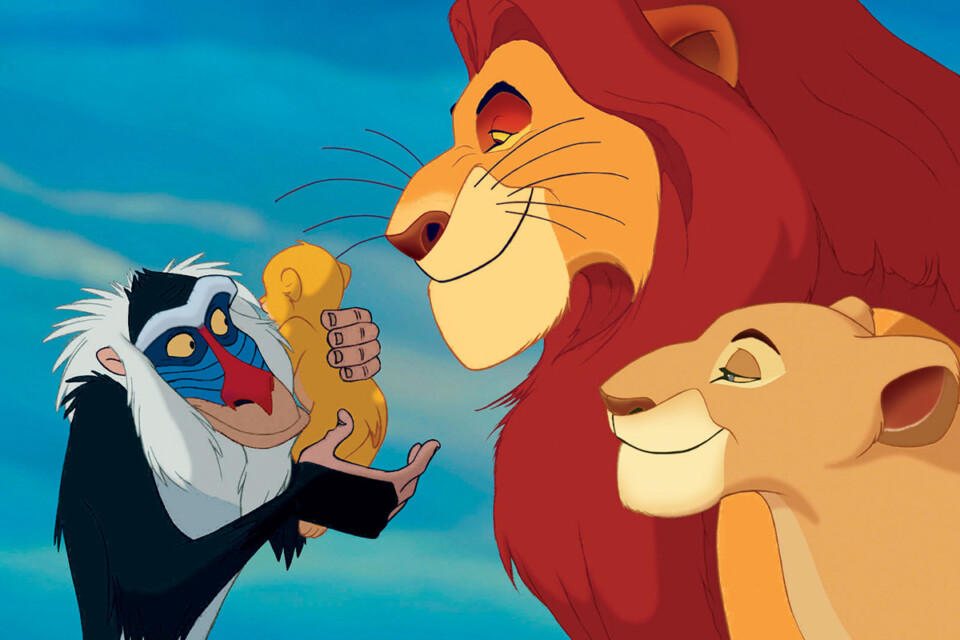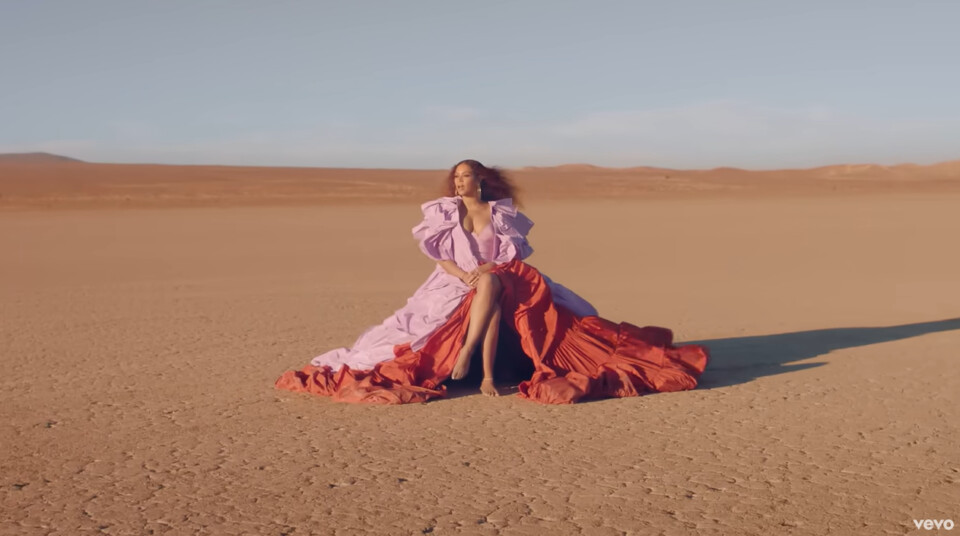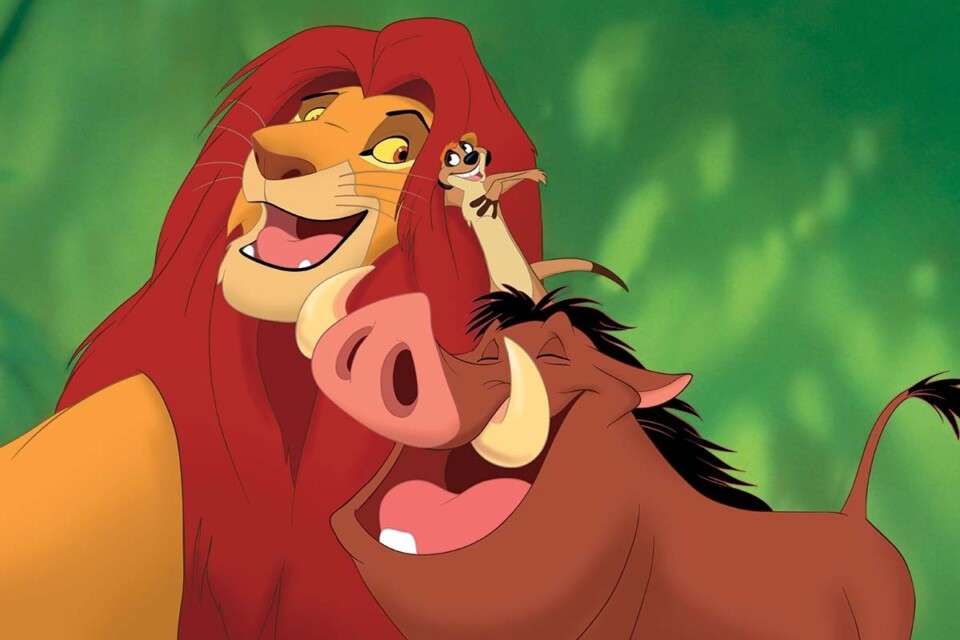Words by Kosa Monteith. First published by Beat.
30 years ago, The Lion King burst onto cinema screens worldwide in a blaze of melodic glory. With Melbourne Symphony Orchestra bringing it to Melbourne on February 3, we look back at its phenomenal musical legacy.
From that first triumphant call ringing out in ‘Circle of Life’, it defined itself as a groundbreaking soundtrack unlike any Disney animated feature that had come before. Hans Zimmer’s score swings from dramatic, soaring orchestral swells and South African choral vocals to bouncy pop numbers and Broadway-style musical storytelling from lyricist Tim Rice and musical legend Elton John.
It features the Oscar-winning romance ballad, ‘Can You Feel The Love Tonight?’, and the soundtrack scooped up Grammy and Golden Globe wins, sold over 10 million copies and is the second highest selling album in Elton John’s discography.
The film defined a generation. We grew up with The Lion King, rewatching innumerable times on VHS, DVD, streaming and special event screenings. Many of us have seen the stage musical – the soundtrack adapted and expanded – and the 2019 reboot. It’s captivating and moving music, and a choral performance at the 2017 Coachella left a crowd of 80,000 adults emotionally rapt and singing along, the intensity surprising even Zimmer. Now, the Melbourne Symphony Orchestra is bringing this iconic soundtrack to life with the premiere of The Lion King in Concert on February 3, 2024. The score will be performed live, conducted by Nicholas Buc in front of a film screening.
A surprisingly uncertain start
Surprisingly for such a masterpiece, The Lion King and its soundtrack was not exactly a clear winner at the start. It was risky, with iterations of trial and error leading to that musically complex score that was the sound of our childhoods. It was the age of the ‘Disney Renaissance’, and even as the studio was returning to classic story adaptations like The Little Mermaid, they were also experimenting with new things. The Lion King was the 32nd Disney feature film, but it was their first animated feature with an original story rather than an adaptation (Hamlet parallels aside), and it was composed entirely of animal characters.
The soundtrack was also largely untested ground. Rice hadn’t worked with Disney for long, having been brought on to finish the Aladdin score following the death of Howard Ashman. Rice was keen for the studio to reach out to Elton John as a long shot – apparently only once ABBA (or Benny Andersson and Björn Ulvaeus, at least) were not available, due to scheduling conflicts. Roy Disney, then Vice Chairman of the company, wasn’t a fan of Elton John’s music, and frankly John wasn’t sold on past Disney ‘Broadway’ musical styles. But he was curious about this new approach of ‘pop music for kids’, so he came on board and started writing with Rice.
But producer Don Hahn felt Rice and John hadn’t really cracked it with their first demo attempt at key songs in the film. The sound wasn’t quite right, it didn’t fit the vision for the film. Frankly, it didn’t have enough of an African musical element for a story that was set in Africa. Hahn and the production team had been listening to Ladysmith Black Mambazo and Soweto style music, so to their ears, this was the element the score was missing.

Carmen Twillie, Lebo M. - Circle Of Life
The breakthrough
So, composer Hans Zimmer was brought on board, partly because he wasn’t a fan of Disney musicals and the production team wanted something completely new, and partly for his work on The Power of One, a film about an English boy in apartheid-era South Africa. It was on this film, Zimmer had first worked with Lebo M, a South African vocalist who fled apartheid in 1979. Lebo contributed a number of vocals and vocal arrangements on The Lion King soundtrack, including one of the most iconic musical openings of any Disney film.
‘Nants ingonyama bagithi baba!’
The first lines of ‘Circle of Life’, meeting that shimmering rising sun over the savannah.
That breathtaking call came to Lebo suddenly as he was recording a demo in the studio. He saw the picture of Mufasa and was told that this moment in the film is when the king is arriving and presenting the new prince to the kingdom. On impulse, he sang these words, his own Zulu chant inspired by his cultural traditions for the arrival of a person of royalty. He created his own greeting: ‘All hail the king. All bow down in the presence of the king.’ In working on the soundtrack further, Lebo came to see himself in Simba – the exile from a kingdom – and in Mufasa he perceived a kind of Nelson Mandela.
Zimmer similarly found a closer connection to the film than he’d expected.
Initially, he’d wanted to make a score for an animated film so he could “show off” to his six-year-old daughter. He came to see this personal link with the subject matter of the film, his own loss of his father at age six, opening up genuine and dark emotions that he poured into the score. And it led to his first Oscar win. For Zimmer, The Lion King and its score had an emotionally honest approach to this mingled darkness and levity of childhood experience (and the adult repercussions). For example, that simple ability to move from paternal death to fart jokes in just a few minutes tapped into that genuine emotional range of children, without talking down or assuming less of them. There’s no denying The Lion King is one of the most emotionally wrought of the Disney films – what adult is not still deeply affected by the death of Mufasa? The chills at the villainous sound of Jeremy Iron’s vocal performance as Scar? The swelling hope and triumph of the score in ‘King Of Pride Rock’?
The Lion King’s musical legacy
For many in the West, it was an early pop culture exposure to African musical forms, but it was limited in scope and clearly influenced by works like Paul Simon’s Graceland (1986). Of course, lately there’s been a surge in interest in exploring the diversity of Africa’s musical traditions in soundtracks, such as Ludwig Goransson’s Black Panther score, drawing from South Africa’s International Library of African Music and collaborating with Senegalese singer Baaba Maal.

Beyoncé - SPIRIT
Beyoncé’s ‘alternative soundtrack’ for the 2019 reboot of The Lion King is especially notable. This black-led project, The Lion King: The Gift, was her ‘love letter’ to Africa as album curator, showcasing varied musical styles, including artists from Ghana, Cameroon, Nigeria and South Africa.
The Lion King pushed the expectation for what a Disney animated feature could be, and how far it could reach. Many of us who sang along as children are now coming back to it with kids of our own. It’s timeless, persistent, and as soundtracks go, pretty incredible. It may have found new forms in the Broadway musical and the 2019 reboot, but the original still lives in us.
Now we can relive it in live orchestral glory, right here in Melbourne. And I just can’t wait.

The Lion King in Concert
Saturday 3 February at 1pm
Saturday 3 February at 7.30pm
The Plenary, Melbourne Convention and Exhibition Centre